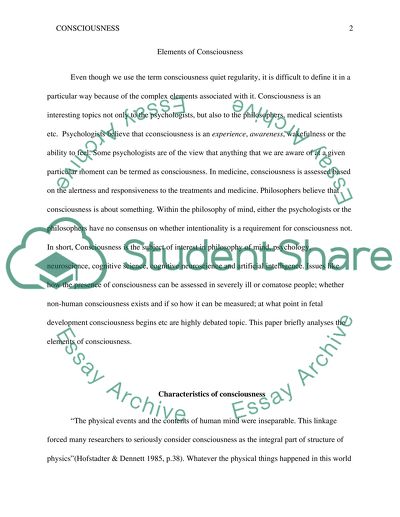Cite this document
(“Elements of Consciousness Book Report/Review Example | Topics and Well Written Essays - 1750 words”, n.d.)
Retrieved from https://studentshare.org/family-consumer-science/1405034-elements-of-consciousness
Retrieved from https://studentshare.org/family-consumer-science/1405034-elements-of-consciousness
(Elements of Consciousness Book Report/Review Example | Topics and Well Written Essays - 1750 Words)
https://studentshare.org/family-consumer-science/1405034-elements-of-consciousness.
https://studentshare.org/family-consumer-science/1405034-elements-of-consciousness.
“Elements of Consciousness Book Report/Review Example | Topics and Well Written Essays - 1750 Words”, n.d. https://studentshare.org/family-consumer-science/1405034-elements-of-consciousness.


